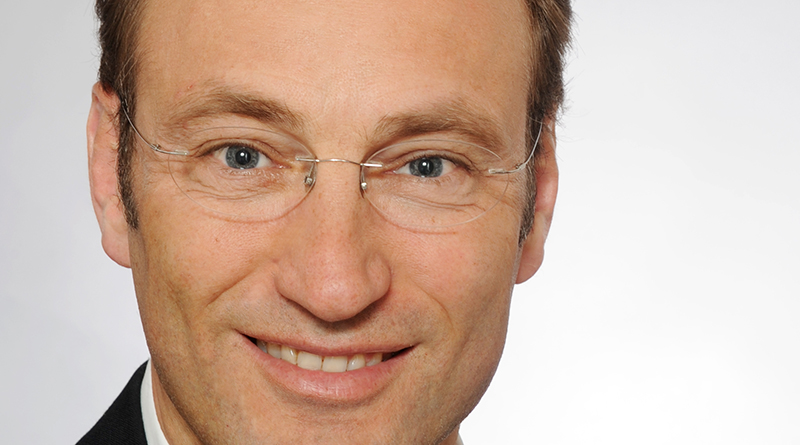Frédéric Sutter has been the Digital Transformation Program Director of Airbus Group for about a year. Frédéric and I have crossed our paths several times in the past, most notably among which the CTO Senior Staff Meeting I had been invited to attend. But we hadn’t had the opportunity to much talk together. Today we are both in Suresnes at Airbus Group and Frédéric took the opportunity to explain to me what his job consists in, and what digital transformation means at Airbus. What follows is a short report of our conversation.
The digital transformation of Airbus contains three components:
- Optimization: optimizing existing activities through industrial and work processes.
- Supply: coming up with new products, services and business models.
- Culture: radically transforming the culture of the company.
Accompanying the transformation, letting the business divisions and the support functions do the real work.
The job of the corporate CDO is to accompany the transformation, which on a practical level is accomplished by “transformation project leaders” nominated within each major function (HR, etc.) and within all the business divisions (Helicopter, Defense & Space, Aircraft). On top of these local projects, there are of course a few transverse projects managed at the group level (big data, mobility, collaboration tools, etc).
Cultural change can work, but it can also be violent!
According to Frédéric, one of the key challenges lies in evaluating the relevance and economic value of disruptive technologies (IOT, big data, cloud, AI, etc.). The second point is that it’s often necessary to go against established ways of doing things. “We had to impose ourselves on IT to set up a cloud for HR!”, in the own words of Frédéric. That said, the impact of these projects is beginning to be measured. Collaborators are getting into it: after a project team of the Airbusiness Leadership Academy (the Airbus training and development center) suggested the idea of on-demand helicopter flights in partnership with Californian company Uber, it only took a few weeks for it to get approved by Paul Eremenko, CEO of the Airbus Innovation Center located in the Silicon Valley, as well as by the head of the Helicopter Division of Airbus. The deal got signed. Things happened very quickly.
How is transformation possible when everyone thinks that all is going fine?
When I asked Frédéric about the threats that Airbus is facing if it fails to transform itself, Frédéric explained to me that they belong to two levels. Firstly, if nothing is done, production costs and the value proposition will stagnate, when at the same time our current or future digitally-enabled competitors will be able to serve clients with lower prices. Secondly, if Google were to repeat what happened with OneWeb and to offer flying for free, they would be in a position to specify the plane that they need. Many existing or yet to be created players in this industry will be wanting to produce these planes. The value chain will be upset.
We need to be ready to anticipate disruptive trends.
Calls for Expertise & Innovation Contests
Inject on-demand expertise into industrial innovation projects to accelerate decision making and overcome technical and scientific obstacles



